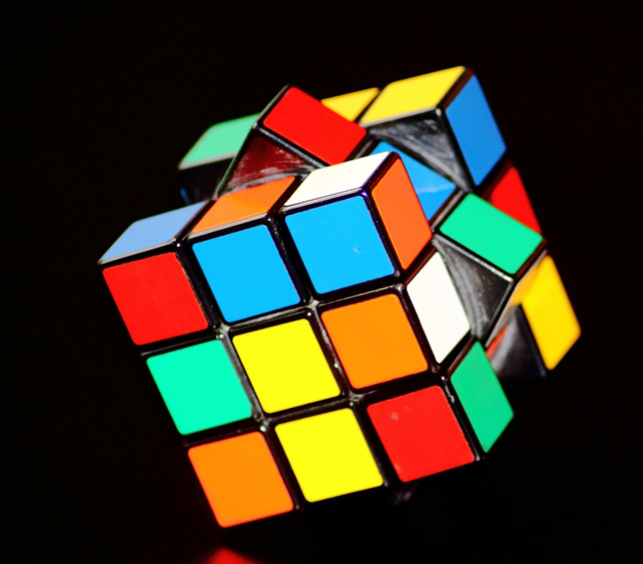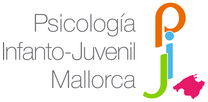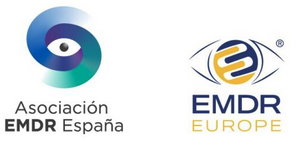
Intelligence is a broad and rather abstract concept, about which there is debate. In particular, there is no agreed definition on questions such as, for example, what exactly cognition is, whether it is a universal thing, or how to measure it. The simplest and most generic definition would be that intelligence is the capacity to acquire and apply knowledge, as well as the faculty of thinking and reasoning, or the ability to understand and benefit from experience. In reality, however, there are still very simplistic definitions of intelligence, such as Böring’s definition that “intelligence is everything that tests measure” (Böring, 1923).
To go into more detail about what intelligence really is, since everyone had a rough idea of it, we looked at a question of much social and scientific interest: is intellectual capacity a stagnant and stable thing at the level of the life cycle of individuals or, on the contrary, can it be modified? To answer this question, two dimensions must be taken into account: firstly, how much instability exists with respect to intelligence and, secondly, what type of intelligence we are referring to.
Regarding the concept of stability, it refers to whether intelligence is a purely biological and genetically determined thing or, on the contrary, is affected by the environment (what is known in the scientific literature as nurture-nature). While early scholars (in the early 20th century) argued that intelligence was determined entirely by humans (Galton & Galton, 1998), the opposite view was taken, so that in the 1960s and 1970s it was thought that all factors of intelligence were context-dependent. It is only now that the two positions have been reconciled, so that it is now thought that it is the interaction of the two that determines a person’s intelligence. What is not known exactly is what contributes to the individual’s intelligence, and this is the subject of quantitative genetics. Thus, while the genetic part of intelligence cannot be altered, these scientific contents point to the fact that it is possible to have some control over our intelligence. Factors such as the education we receive, what we observe in our family environment, the type of activities we do, or our level of motivation to learn new things can contribute to increasing our intelligence. Yet, as has been said, nothing is known about anything.
Intelligence types
But is there a unique form of intelligence? Although in the first studies it was considered that there is, having found that some measures of intelligence such as the famous IQ (intelligence quotient), which is the ratio between mental and chronological education, do not vary much throughout life, it has become clear that this is not true, so that there are different dimensions of the concept of intelligence. Although there is no absolute consensus on the total number of quants, the following are generally accepted (following the model of Gardner, 1983):
-Linguistic intelligence: mastery of language, both in its use and understanding. Only poets or linguists should be highlighted.
-Logical-mathematical intelligence: understanding of mathematical relations and operations. Excels in scientists or philosophers.
-Spatial intelligence: ability to understand the visual dimension, the size of objects, their position… Intended for architects or artists (among others).
-Musical intelligence: ability to understand and produce musical fish.
-Bodily-kinesthetic intelligence: ability to understand movement, both one’s own and that of others. It stands out in sportsmen and women or ballet players.
-Intrapersonal intelligence: ability to understand a partner (thoughts, emotions, etc.).
-Interpersonal intelligence: ability to understand other people (their intentions, emotions…) – Interpersonal intelligence: ability to understand other people (their intentions, emotions…).
If all these types of intelligence-intelligence are taken into account (there are currents that defend the existence of many more), it is easier to defend that a good part of them are susceptible to change. Thus, for example, musical intelligence can be trained relatively easily, and interpersonal intelligence will nestle much more as individuals have more social experiences. In addition, some forms of intelligence have been found to be enhanced by education, such as intrapersonal intelligence, as people are confronted with situations that contribute to them and become better prepared in general.
In conclusion, while there is a high biological component to the abilities one has, it has been shown over time that this is not limiting, as different abilities can be trained and modified in life. The how is not really known, as in general it seems to be exposed to certain situations.
References:
Boring, E.G. Intelligence as the tests test it (1961). New Repub. 1923, 36, 35–37.
Galton, D. J., & Galton, C. J. (1998). Francis Galton: and eugenics today. Journal of Medical Ethics, 24(2), 99-105.
Gardner, H. (1983). Frames of mind. New York: BasicBooks
Xavi Ponseti
Col. Nº B-03138








